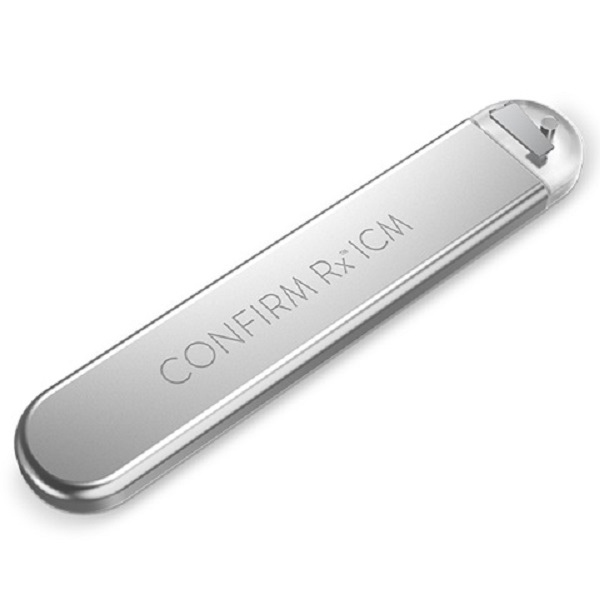Six-month pilot project focuses on continuously monitoring high-risk cryptogenic stroke patients virtually
WITH World Stroke Day coming up on October 29, the Surrey Hospitals Foundation is investing $25,000 to help fund Western Canada’s first injectable loop recorder cardiac monitor project focusing on high-risk cryptogenic stroke patients using injectable loop recorders, and monitoring them continuously and virtually using a multi-disciplinary specialist team.
The six-month pilot project is based at Surrey Memorial Hospital (SMH) and will involve a dedicated care team and patient pathway studying 24 high-risk cryptogenic stroke patients, or patients who experienced stroke with unknown or undetermined causes. An injectable loop recorder, which is a type of electrocardiographic (ECG) heart-monitoring device that records heart rhythm continuously, will be non-invasively inserted via injection just under the skin of their chest area.
The project includes an implant care team of neurologists, cardiologists and clinicians, as well as cardiac diagnostic technicians who will virtually monitor the hearty rhythm of these patients for signs of atrial fibrillation, or abnormal heart beats.
“The benefit of using these injectable loop recorders is the continuous monitoring of abnormal heart rhythm or arrhythmia, which can cause stroke,” says Dr. Tarun Sharma, lead cardiologist at Surrey Memorial Hospital. “This can be tracked and recorded wirelessly and remotely for up to three years and can help medical practitioners better diagnose the cause of their stroke. Our goal is to track results over time and show improved health outcomes in these high-risk patients. With improved outcomes, we can look at pathways to streamline diagnostic testing for such high-risk patients.”
Stroke statistics:
* Stroke, or a sudden loss of brain function caused by a brain blood vessel blockage or rupture, is the third leading cause of death in Canada.
* Approximately 741,800 Canadian adults aged 20 and up live with the effects of a stroke (2012/13), 365,000 men and 376,800 women.
* One-quarter of Canadians living with stroke are under age 65, and stroke prevalence rises sharply after age 55.
* In the United States, cryptogenic strokes (undetermined causes) account for about 15-40 percent of strokes.
The injectable loop recorders are newer generation devices that are much smaller and inserted into the body efficiently through minimally invasive process via injection which only takes five minutes and only require a basic procedure room. Whereas compared to the older implantable loops recorders that are larger, surgically inserted, takes upwards of 40 minutes, require more specialized surgical spaces and incur more patient discomfort.
“The Jim Pattison Outpatient Care and Surgery Centre supports 38 per cent of loop recorder patient visits in Fraser Health annually; almost double any other site,” says Jane Adams, President and CEO of the Surrey Hospitals Foundation. “Investing in medical innovations is one of the key initiatives the Foundation supports and these cutting-edge insertable loop recorders will no doubt expedite treatment options for stroke patients, as well as reduce wait times for diagnostic tests in the Fraser Health region.”
For more information about the Surrey Hospitals Foundation, please visit www.















